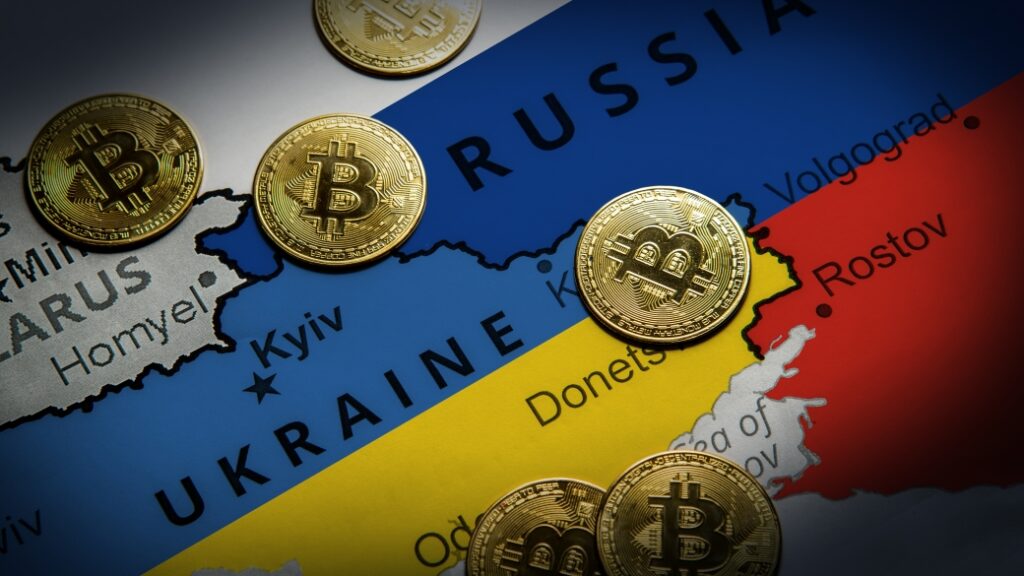
Cryptocurrency and block chain technologies have the ability to change the way the world uses money and financial assets, especially in times of war. The role of the encoding currency in the Russian invasion of Ukraine is one of the first major examples of the influence of encoding technology and the scrap chain on the political geography and the unique features of crypto-technology, such as increased privacy and portability, distinguish it from the traditional currency of fiat because it is not supported by physical or third-party goods. These characteristics allow individuals and organizations to use and manage their money in new ways. Ukraine, Russia and its citizens are now using the cryptocurrencies to raise money, avoid sanctions, and take the financial risks of war.
The ongoing fighting in Ukraine and Russia is having an impact on crypto currency prices. Bitcoin prices have been decreasing since the beginning of the year, and they hit a two-year low this week. The decrease in the price of bitcoin is likely due to the conflict in Ukraine and Russia. Investors are worried about the potential for the fighting to disrupt the global economy.
Cryptocurrencies aid Ukraine’s fight against Russia
Since the beginning of the conflict, the Ukrainian government has used cryptocurrency to enable donations and acquire military and other items. Last year, a market consultancy placed Ukraine fourth in the world for cryptocurrency usage. In September 2021, Ukraine formally legalized cryptocurrencies. As of March 9, the Ukrainian government claimed to have raised nearly $100 million from crypto donations. The crypto donations allow Kyiv to obtain funding instantly and are faster than soliciting donations settled through traditional financial channels.
Natural disasters such as earthquakes, war, and even climate change have forced tens of millions of people to leave their homes in recent years. As a result, food, housing, and medication are all in short supply. There have been many technology advancements over the years, and some of them have been used to aid in the relief of refugees. The use of blockchain technology, specifically cryptocurrencies, is a fantastic example. Blockchain allows people to send and receive data over a wide network of computers while maintaining security and openness.
Russia evading sanctions using Cryptocurrencies?
In response to the economic sanctions being imposed by a number of countries on various Russian entities, these entities reportedly are looking to mitigate their impacts by making deals with anyone eager to work with them. In turn, these Russian entities can use cryptocurrencies to bypass the controls that the governments imposing sanctions are relying upon, particularly transfers of money through the traditional banking system.
To evade sanctions, Russia can utilize multiple cryptocurrency-related tools. The key is establishing ways to conduct trade without ever using the U.S. dollar. Russia is developing its own central bank digital currency (CBDC), a “digital ruble” that may be used without first being converted into US dollars by trade partners.
Cryptocurrency transactions are recorded on the underlying blockchain, thus making them transparent, but new tools developed in Russia can help to hide the origin of these transactions. That would allow other parties to trade with Russian entities without being detected.
Cryptocurrency for Humanitarian efforts
The World Food Programme (WFP) of the United Nations just completed the largest humanitarian project ever using Ethereum’s blockchain technology. Thousands of Syrian refugees were able to redeem resources directly from participating markets using bitcoin vouchers, which were finished on May 31st, 2017. Crypto and crisis is a perfect match, and aid organizations will undeniably be able to respond more quickly using blockchain-based digital money, which arrives at email-speed, safely and transparently.
